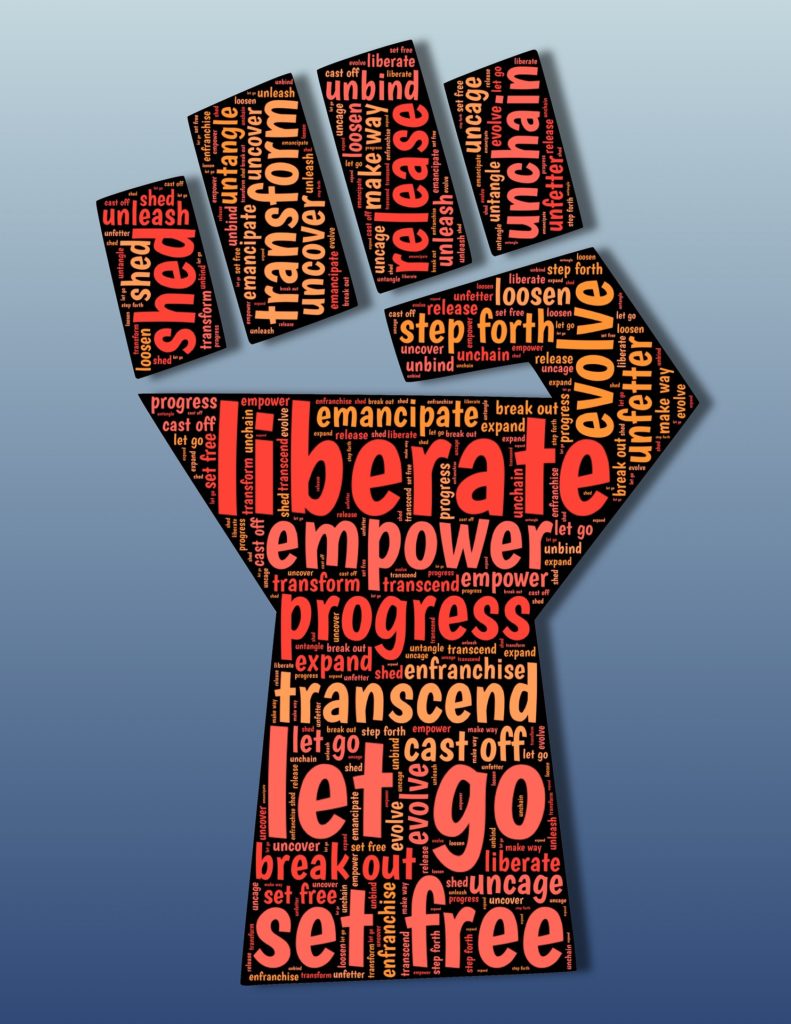 To achieve its potential, healthcare must be democratized.
To achieve its potential, healthcare must be democratized.
I’ve reached this conclusion after hundreds of speaking events in eighteen countries over nine years. For me “speaking” has always involved a lot of listening and learning, and the more I’ve learned, the more I’ve puzzled over this paradox:
- Medicine can save incredibly more lives today than ever (evidenced by the extraordinary growth in elder population in my birthday post “65!”)
- Yet we still have terrible shortfalls: we have sewage leaks in operating rooms; we have medical errors causing hundreds of thousands of deaths in the US every year; and much more.
What’s going on?? How can this be?
I’ve concluded the problem is that while medical science has produced extraordinary advances (we know how to do much more), care delivery is amazingly leaky: too often the system doesn’t do it. That’s one big reason it’s useful for patients to learn as much as they want: as e-patient pioneer “Doc Tom” Ferguson wrote in 2006,
adopting the traditional passive patient role … may be considerably more dangerous than attempting to learn about one’s medical condition on the Internet.
In the US, particularly, when push comes to shove, companies working in healthcare are beholden far more to their boards and investors than to the lives they care for. It’s summed up in my post last year American healthcare is like a malignant tumor. If you haven’t read that, and thought about its graphics, please do, or this all won’t make sense. Years of realization are summed up in that post.
If citizens had power – both patients and care providers – these shortfalls would be the focus of those boards’ activities. They’re not, and that must change. Citizens on the front line of care must have power to change the rules so the job gets done. Achieving potential, and avoiding shortfalls, must be the objectives that are pursued and protected.
A shift in purpose
This has altered my sense of purpose – what I want to achieve in the rest of my life and why. Friend and colleague Susannah Fox put it this way in her “letter to shareholders” post:
- Was the work useful, soul enriching, or on my mission path?
- Did it have a positive impact on the world, an organization, another individual, myself?
- Would I seek to do something similar in the next five years?
Yes. This is it: I want to help healthcare achieve its potential. And the best path forward is to democratize the system – which is part of why the Digital Health Manifesto is so important: if providers and disruptive innovators don’t properly understand the potential of data, we will again fall short.
When the people whose lives are at stake – and their care providers – have power to influence priorities, the system’s controls and feedback loops will evolve. And not until then.
More to come.
Image source: Pixabay, CC0 Creative Commons


You KNOW I’m in, even going so far as to make it the central focus of my foreword for the 3rd edition of “Shared Decision Making in Health Care,” which will (it is to be most fervently hoped) penetrate the craniums of the clinical side of the house. Now all we need is policy folx to get the mind meld. Given current national policy chaos, we gon’ have to go state by state, I’m thinkin’. https://mightycasey.com/democratization-of-knowledge-in-healthcare/
We, the patients, already have all the necessary tools for this democratization. We’ve been using them for one generation now.
The problem is that almost all those involved professionally in healthcare have learned that they provide care to people who are considered idiots. And everything is done to retain this attitude and to deny the powerful role an army of educated patients will have on the system.
The financial pressure will remain strong enough, in the foreseeable future to guarantee nothing significant will change. The system will have to collapse before real democratization can happen, IMO.
In the meantime, smart people will rely on PubMed and on their educated peers to make sure they have access to the best possible care. Thankfully, altruism (a word and concept) that seems to have disappeared from modern American culture, thrives in good online communities and in much of the rarefied medical research community. These pockets of greatness are enough to keep many people alive and well, despite efforts by many to deny great care,